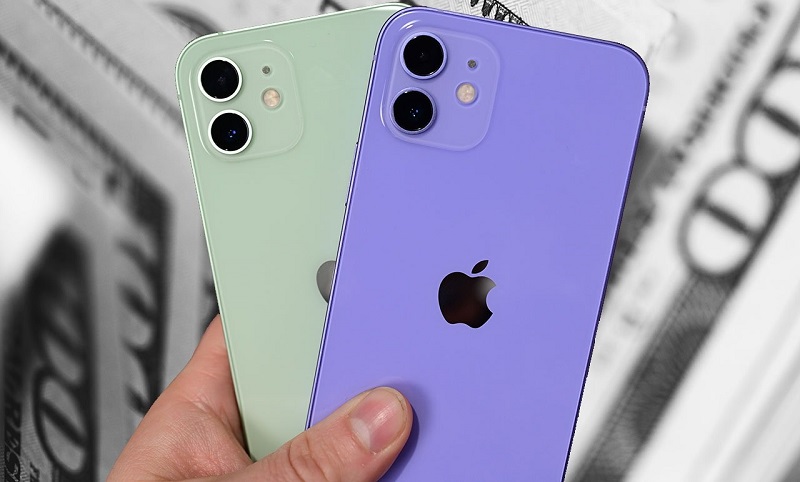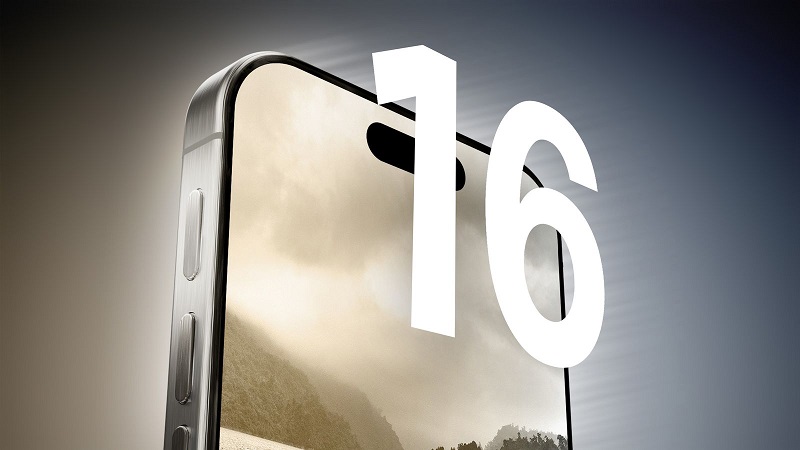- Sell Your Devices
- Sell Your iPhone
- iPhone 16 Pro Max
- iPhone 16 Pro
- iPhone 16 Plus
- iPhone 16
- iPhone 15 Pro Max
- iPhone 15 Pro
- iPhone 15 Plus
- iPhone 15
- iPhone 14 Pro Max
- iPhone 14 Plus
- iPhone 14 Pro
- iPhone 14
- iPhone 13 Pro Max
- iPhone 13 Pro
- iPhone 13
- iPhone 13 mini
- iPhone SE 3rd Gen
- iPhone 12 Pro Max
- iPhone 12 Pro
- iPhone 12
- iPhone 12 mini
- iPhone 11 Pro Max
- iPhone 11 Pro
- iPhone 11
- Sell Your Samsung
- Sell Your iPad
- iPad Pro 13″ M4 (2024)
- iPad Pro 11″ M4 (2024)
- iPad Pro 12.9″ 6th Gen (2022)
- iPad Pro 12.9″ 5th Gen (2021)
- iPad Pro 13″ M4 (2024)
- iPad Pro 11″ M4 (2024)
- iPad Pro 11″ 4th Gen (2022)
- iPad Pro 11″ 3rd Gen (2021)
- iPad Pro 11″ 4th Gen (2022)
- iPad Pro 11″ 3rd Gen (2021)
- iPad Air 13″ M2 (2024)
- iPad Air 11″ M2 (2024)
- iPad Air 5th Gen
- iPad Mini 6th Gen
- iPad 10th Gen
- iPad 9th Gen
- Sell Your Macbook
- MacBook Air 2024 (15-inch, M3 Chip)
- MacBook Air 2024 (13-inch, M3 Chip)
- MacBook Air 2023 (15-inch, M2 Chip)
- MacBook Air 2022 (13-inch, M2 Chip)
- MacBook Pro 2023 (16-inch, M3 Chip)
- MacBook Pro 2023 (16-inch, M2 Pro)
- MacBook Pro 2023 (14-inch, M3 Chip)
- MacBook Pro 2023 (14-inch, M2 Pro)
- MacBook Pro 2022 (13-inch, M2 Chip)
- MacBook Pro 2021 (16-inch, M1 Pro)
- MacBook Pro 2021 (14-inch, M1 Pro)
- Sell Your iPhone
- How it Works
- We are Local
- Pricing
- Support
How to choose a smartphone? What are the primary factors to consider?
With the development of technology, smartphones have become an indispensable part of our daily lives. There are many brands of smartphones on the market, and their functions are different. How to choose a mobile phone that is cost-effective and can meet your needs faces many difficulties. This article will briefly introduce how to choose a suitable smartphone through several points.
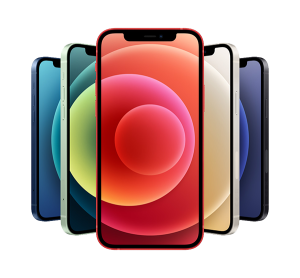
I. Introduction
The importance of smartphones in modern life
1. Convenient communication: Smartphones provide real-time and convenient communication methods, not only supporting traditional voice calls but also including SMS, instant messaging, social media, and email. This allows people to stay connected anytime and anywhere.
2. Internet access: Smartphones have Internet connection functions, which can easily access the Internet, browse web pages, find information, use social media, send and receive emails, etc. This provides a convenient way to obtain information.
3. Multimedia functions: Smartphones have built-in multimedia functions such as high-resolution cameras, audio players, and video players. Users can take photos, record videos, play music, and watch videos to meet entertainment and creative needs.
4. Applications and Services: Smartphones provide a wealth of services and features through applications, covering almost all areas of life, including social, shopping, navigation, health, education, etc. Users can easily complete various tasks through applications.
5. Calendar and Reminders: Smartphones have built-in calendar applications and reminder functions to help users organize their daily lives and remind them of important matters, meetings, and appointments.
6. Navigation and Map Services: Smartphones have built-in GPS technology, and users can use navigation applications to obtain accurate location information, real-time traffic conditions, and navigation guidance, which facilitates travel and trip planning.
7. Social Media: Smartphones connect users with friends, family, and colleagues through social media applications to share life moments, exchange information, and expand their social circles.
8. Payment and Shopping: Smartphones support mobile payments, and users can complete payments through their phones, making shopping more convenient. In addition, through e-commerce applications, users can browse and purchase goods anytime and anywhere.
9. Health Tracking: Many smartphones are equipped with sensors for health monitoring, such as pedometers, heart rate monitors, etc. Users can use health applications to track exercise, sleep, and health data.
10. Personal organization and productivity: The built-in calendar, memo, task list, and other tools in smartphones help users organize their daily lives and improve the efficiency of work and study.
2. Choice of operating system
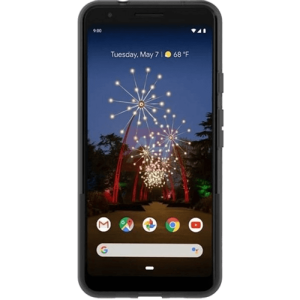
Advantages and disadvantages of the iOS operating system:
Advantages of the iOS operating system:
1. High stability, good user experience, high system stability, and rarely crashes.
2. High security performance. Compared with other operating systems, such as Android, iOS is more secure and not vulnerable to viruses and malware.
3. Timely updates. Apple will regularly launch new system versions to fix known vulnerabilities and improve system performance.
4. High-quality applications and strict review mechanisms. The quality of applications in the App Store is high, and users can download and use applications with more confidence.
Disadvantages of iOS operating system:
1. Low degree of freedom. Compared with other operating systems, such as Android, iOS has a lower degree of freedom, and users cannot freely customize and personalize the system.
2. The system is blocked and can only run on Apple devices. The iOS system cannot be used on devices from other manufacturers.
3. High price. Apple’s equipment prices are relatively high and are not suitable for users with limited budgets.
Advantages and disadvantages of Android system:
Advantages of Android system:
1. The biggest advantage of the Android system is that it is highly open source. The number of software is comparable to that of the IOS system, and it is also highly extensible. It can be changed to whatever you want.
2. Development is relatively easy. You can write it as long as you install an SDK. After writing, you can put it on the phone for use. Like WP and BlackBerry, there are fewer developers now, so the number of software needs to catch up. The quality could be higher.
Disadvantages of Android system:
1. The disadvantage of the Android system is that it is too liberal, so many domestic copycat manufacturers and copycat applications have caused problems in the safety of surgery. After all, there are no regular software stores in China. So, it is easy to be exploited.
2. The Android system is still relatively dependent on hardware. If you want to make the performance of the Android system work well, you must have good hardware and high compatibility with mobile phones. It is easy to have some system problems when using Android phones, such as insufficient memory, freezing, restarting, etc.
3. Hardware configuration
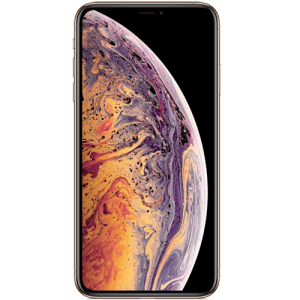
Hardware configuration directly affects the performance and user experience of smartphones. The following aspects need to be paid attention to:
1. Processor
The processor is the core of the entire mobile phone. It is a chip integrated into the mobile phone motherboard. It is the computing core and control core of the mobile phone. It is used to interpret mobile phone instructions and process data in the mobile phone. Mobile phone processors are divided into two types: central processing unit CPU and graphics processing unit GPU. CPU is the control center system of the entire mobile phone and the logical part of the control center. Its quality determines the price and running speed of the entire mobile phone. What determines the performance of the CPU? The first thing to say is the main frequency. It is usually said that whether the performance of mobile phones playing games is good depends on what CPU the mobile phone uses. The main heat of the mobile phone also comes from the processor and battery. When calculating difficult data, it will be fully loaded, so the heat is very large. High-end mobile phones are usually equipped with high-performance processors, such as Apple’s A-series chips or Qualcomm’s Snapdragon 8 series. Mid-range and entry-level mobile phones will be equipped with processors with slightly lower performance.
2. Memory and storage
Memory (RAM) and storage (ROM) are also key indicators. A larger memory can ensure the smoothness of multitasking. Common memory configurations are 4GB, 6GB, 8GB, or even higher. Storage space affects the amount of data that the phone can store. It is recommended to choose 128GB or more storage space to meet daily use needs.
3. Battery life
Battery life is an important consideration for smartphones. Battery capacity is usually expressed in milliampere hours (mAh), and a larger battery capacity can provide longer use time. In addition, you also need to pay attention to whether the phone supports fast charging or wireless charging, which can greatly improve the convenience of use.
4. Brand and after-sales service
Choosing a smartphone from a well-known brand can guarantee quality and after-sales service. Brands such as Apple, Samsung, and Huawei have a good reputation and a complete after-sales service system worldwide. In addition, it is also important to understand the brand’s update policy and warranty policy to ensure that the phone can be solved in time when problems arise.
5. Price and cost-effectiveness
Finally, price is one of the important factors in deciding to buy. Although high-end mobile phones are powerful, they are more expensive; mid-range and entry-level mobile phones provide sufficient functions at a lower price. It is wise to choose a cost-effective mobile phone according to your budget and needs.
Conclusion
In general, choosing a suitable smartphone requires a comprehensive consideration of operating system, hardware configuration, screen display, camera performance, brand and after-sales service, as well as price. However, in real life, it is impossible to meet your needs within a limited budget, so you must learn to make trade-offs, understand your needs and preferences, and reasonably evaluate various factors to choose a smartphone that is truly suitable for you.
Tags:
Related Posts
4Sep



